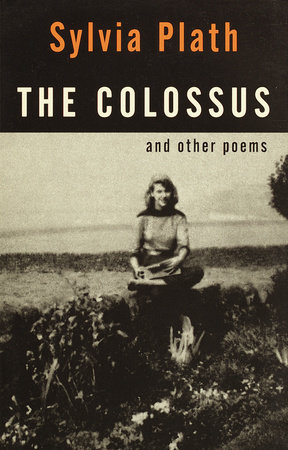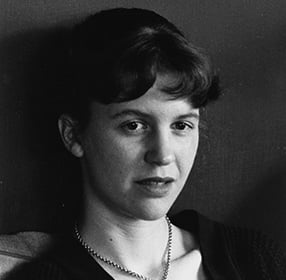from Giles Goat Boy
“Studentdom, he felt, must pass its own Examinations and define its own Commencement--a slow, most painful process, made the more anguishing by bloody intelligences like the Bonifacists of Siegfrieder College. Yet however it seemed at times that men got nowhere, but only repeated class by class the mistakes of their predecessors, two crucial facts about them were at once their hope and the limitation of their possibility, so he believed. One was their historicity: the campus was young, the student race even younger, and by contrast with the whole of past time, the great collegiate cultures had been born only yesterday. The other had to do with comparative cyclology, a field of systematic speculation he could not review for me just then, but whose present relevance lay in the correspondency he held to obtain between the life-history of individuals and the history of studentdom in general. As the embryologists maintained that ontogeny repeats phylogeny, so, Max claimed, the race itself--and on a smaller scale, West-Campus culture--followed demonstrably--in capital letters, as it were, or slow motion--the life-pattern of its least new freshman. This was the basis of Spielman's Law--ontogeny repeats cosmogeny--and there was much more to it and to the science of cyclology whereof it was first principle. The important thing for now was that, by his calculations, West-Campus as a whole was in mid-adolescence...
 Sheep In Fog
Sheep In Fog
